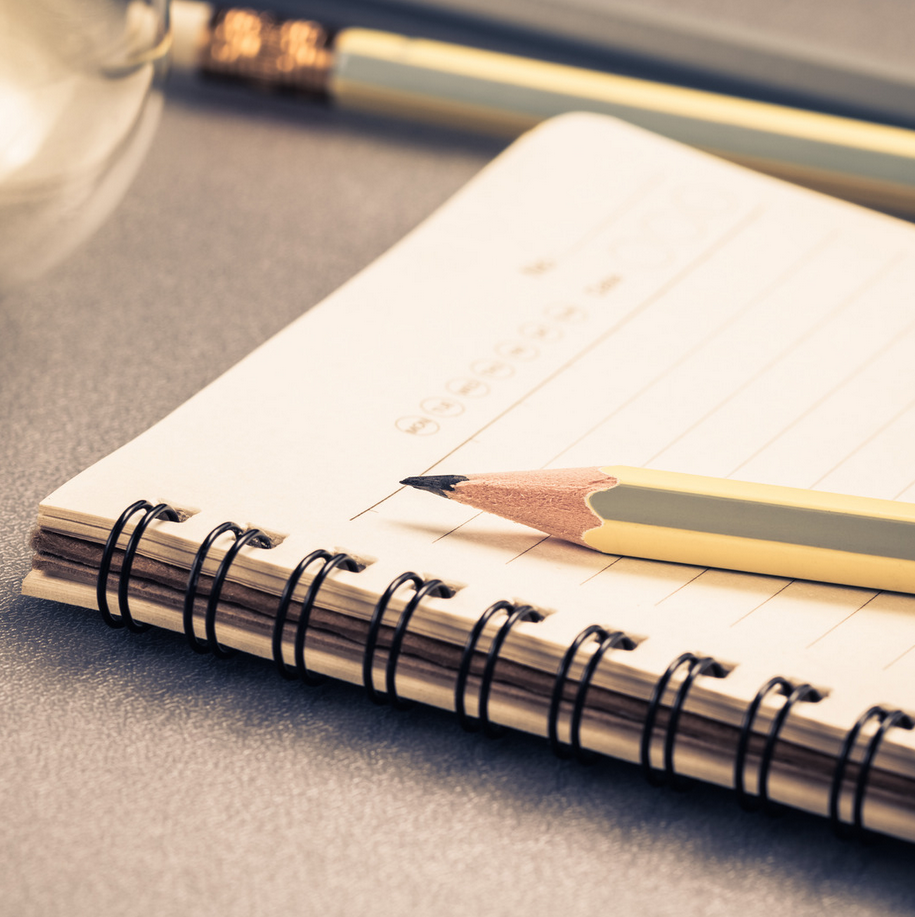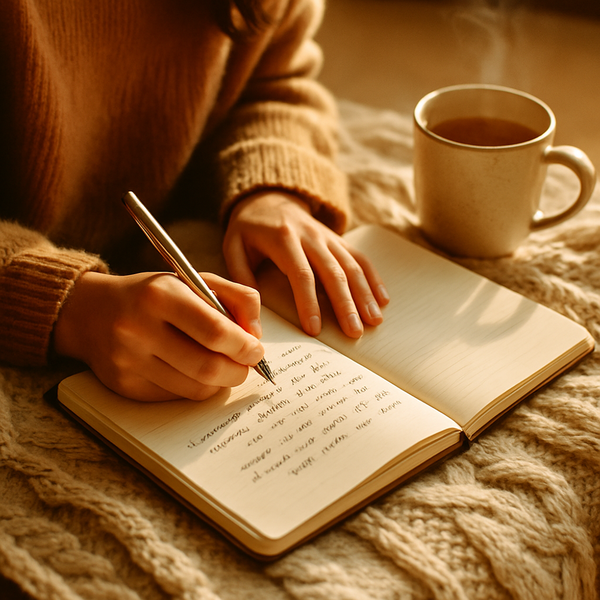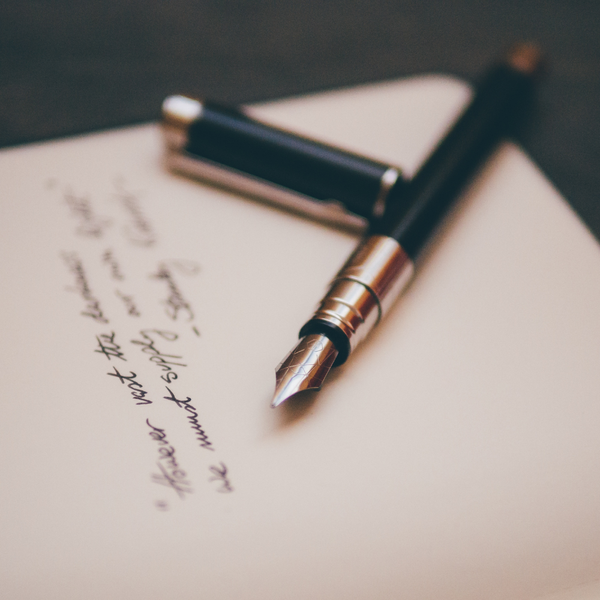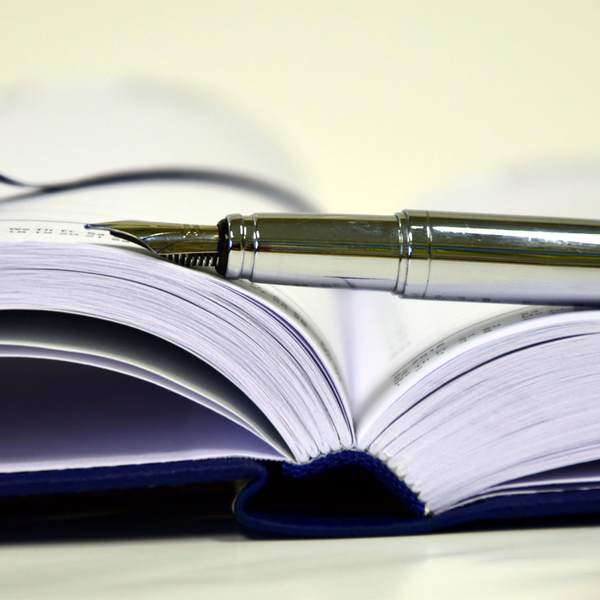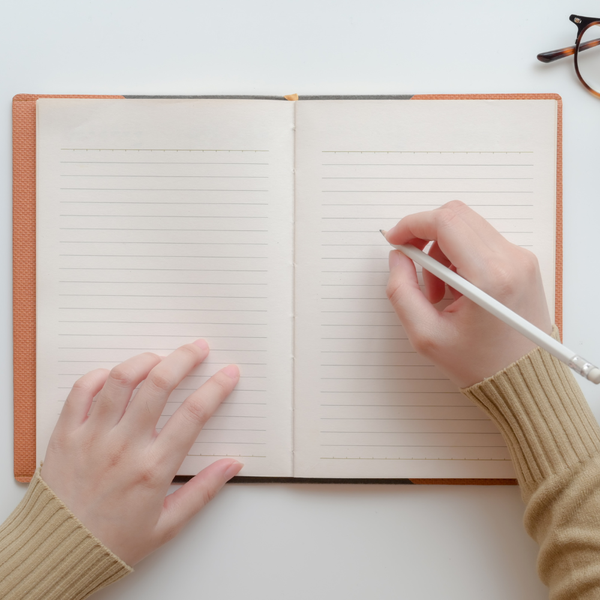Freewriting is your golden ticket to breaking through writer's block and tapping into your creative genius.
This technique, celebrated by literary greats like Peter Elbow and Natalie Goldberg, invites you to write continuously without fretting over grammar, spelling, or structure.
It's all about letting your thoughts flow freely and capturing the essence of your ideas.
The beauty of freewriting lies in its liberating simplicity.
By shedding the pressure to craft perfect sentences, you can explore your thoughts more deeply and authentically.
In this article, we'll uncover the things you shouldn't worry about when freewriting, empowering you to embrace the process and elevate your writing game.
Key Takeaways:
- Freewriting is about letting your thoughts flow without worrying about grammar, spelling, or structure.
- The primary goal is to overcome writer's block and stimulate creativity.
- Embrace the process to discover new ideas and improve your writing skills.
Grammar and Spelling
When engaging in a freewriting session, grammar and spelling should be the least of your concerns.
The primary goal is to get your thoughts down on paper without interruption.
Worrying about grammar and spelling can hinder the flow of ideas and disrupt the creative process.
For example, if you constantly stop writing to correct a misspelled word or fix a grammatical error, you lose the momentum that freewriting aims to build.
Instead, let your hand move freely and focus on capturing your thoughts. You can always go back and edit your work later.
Structure and Organization
Another aspect you should not worry about when freewriting is the structure and organization of your writing.
Freewriting is not about producing a polished piece; it's about exploring ideas and generating content.
The structure can be addressed during the editing phase.
Consider freewriting as a brainstorming session.
Just as you wouldn't worry about organizing your thoughts during a brainstorming session, you shouldn't worry about the structure when freewriting.
Allow your ideas to flow naturally, and you may be surprised at the connections and insights that emerge.
Finding the Right Words
In the writing process, finding the right words can often be a stumbling block.
However, during a freewriting session, it's essential to let go of this concern.
The purpose of freewriting is to capture your thoughts and ideas, not to craft perfect sentences.
If you find yourself stuck searching for the perfect word, write down whatever comes to mind and move on.
The goal is to keep your hand moving and maintain the flow of ideas.
You can always refine your language and choose the right words during the revision process.
Punctuation and Sentence Structure
Punctuation and sentence structure are other elements that should not matter during freewriting.
The focus should be on the content and the flow of ideas rather than on creating grammatically correct sentences.
Freewriting helps you tap into your creativity and generate raw material for your writing projects.
For instance, if you find yourself worrying about where to place a comma or how to structure a sentence, you may lose the spontaneity that freewriting encourages.
Let your thoughts flow freely, and worry about punctuation and sentence structure later.
Staying on Topic
When freewriting, it's common for your thoughts to wander.
This is a natural part of the process and should not be a cause for concern.
Freewriting allows you to explore different ideas and perspectives, even if they deviate from your chosen topic.
For example, you might start writing about a specific subject but find yourself veering off into related or even unrelated areas.
This can lead to unexpected insights and new ideas that you can incorporate into your writing later.
Embrace the tangents and see where they take you.
Making Sense
One of the key principles of freewriting is that it doesn't have to make sense.
The goal is to get your thoughts down on paper without worrying about coherence or clarity.
This can be particularly liberating for writers who often feel stuck or blocked.
By allowing yourself to write things that may not make sense initially, you open up new avenues for creativity and inspiration.
You can always go back and make sense of your writing during the editing phase.
The important thing is to keep writing and let your ideas flow.
Length and Time
When freewriting, don't worry about the length of your writing or the amount of time you spend on it.
The focus should be on the process rather than the outcome.
Set a timer for a certain amount of time, and write continuously until the timer goes off.
For example, you might set a timer for 10 or 15 minutes and write without stopping until the time is up.
This helps you build the habit of writing regularly and can lead to increased productivity and creativity over time.
The length of your writing doesn't matter; what matters is that you keep writing.
Research and Facts
During a freewriting session, it's not necessary to worry about research or factual accuracy.
The goal is to generate ideas and explore your thoughts, not to produce a well-researched article or paper.
You can always conduct research and verify facts later.
For instance, if you're writing about a topic that requires research, jot down your thoughts and ideas first.
You can fill in the details and verify the information during the editing phase.
This approach allows you to maintain the flow of your writing and avoid getting bogged down in research.
Audience and Criticism
When freewriting, don't worry about your audience or potential criticism.
Freewriting is a personal exercise meant to help you explore your thoughts and ideas without judgment.
The only person who needs to see your freewriting is you.
For example, if you're concerned about what others might think of your writing, you may hold back and censor yourself.
This can stifle your creativity and prevent you from fully exploring your ideas.
Freewriting allows you to write without fear of criticism, helping you to develop your voice and confidence as a writer.
Embrace the Freedom and Transform Your Writing!
Freewriting is your gateway to a world of unbounded creativity and self-expression.
By shedding the constraints of grammar, spelling, and structure, you allow your thoughts to flow freely, capturing the raw essence of your ideas.
Embrace this liberating process, and you'll not only overcome writer's block but also uncover new insights and elevate your writing skills to new heights.
So, grab your pen or keyboard, let go of your worries, and watch your creativity soar!
Freewriting FAQs
Are you ready to unlock your creative potential and conquer writer's block?
Welcome the FAQs, where we dive into the essentials of this powerful writing technique.
Whether you're a seasoned writer or just starting out, freewriting can help you generate ideas, improve your skills, and unleash your inner creativity.
Let's explore some common questions to get you started on your freewriting journey!
What is the main purpose of freewriting?
The main purpose of freewriting is to generate ideas and overcome writer's block by writing continuously without worrying about grammar, spelling, or structure. It helps writers tap into their creativity and explore their thoughts freely.
How long should a freewriting session last?
A freewriting session can last anywhere from 5 to 20 minutes, depending on your preference. The key is to set a timer and write continuously until the time is up. This helps build the habit of writing regularly and maintains the flow of ideas.
Can freewriting improve my writing skills?
Yes, freewriting can improve your writing skills by helping you develop your voice, build confidence, and generate new ideas. By practicing freewriting regularly, you'll become more comfortable with the writing process and better able to overcome writer's block.
Interested in exploring freewriting? Check out Mama2Gus' video!
Want even more content about creativity and art?
Be sure to check out all of our creative chronicles!
Love writing and considering creating your own written masterpieces?
Check out some of our other articles:
-What is the free writing process?
-What is the difference between brainstorming and freewriting?
-How do I start basic writing?
-What is a 100 word story called?
-What are the 5 writing skills?

